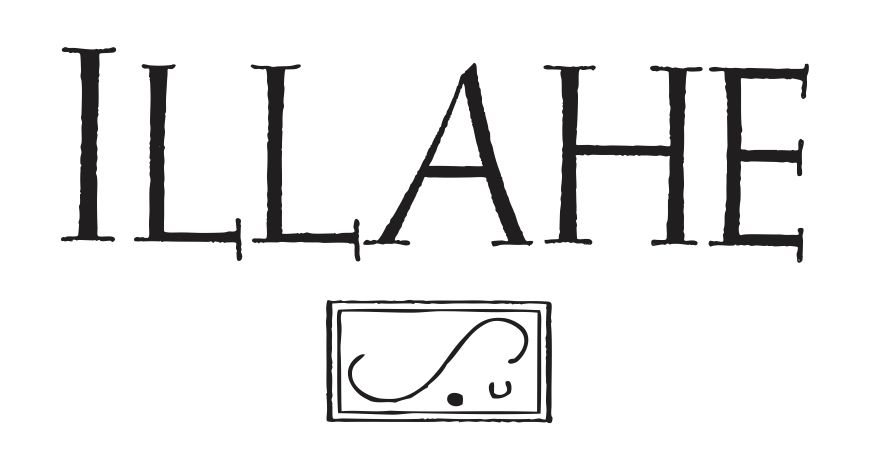1899 Estate Pinot Noir - The project and expedition
When Brad started making wine at Illahe he had been to France a few times and noted the use of horses in their vineyards, something that wasn’t happening to the same extent in Oregon. Illahe purchased a team of Percheron draft horses (Doc and Bea) and began working with them to mow in the vineyard and bring fruit to the winery at harvest.
Brad’s interest in the horses grew to an overall interest in historical winemaking methods and how modern technology has changed wine. In 2011 we began our 1899 project, of making a wine without the use of electricity or modern mechanization. We wanted to continue the tradition of craft in winemaking. Using our hands (sometimes feet) and a lot of soul to make something that we truly feel connected to. As farmers, we feel a connection to our soil and we wanted to continue that to the finished product.
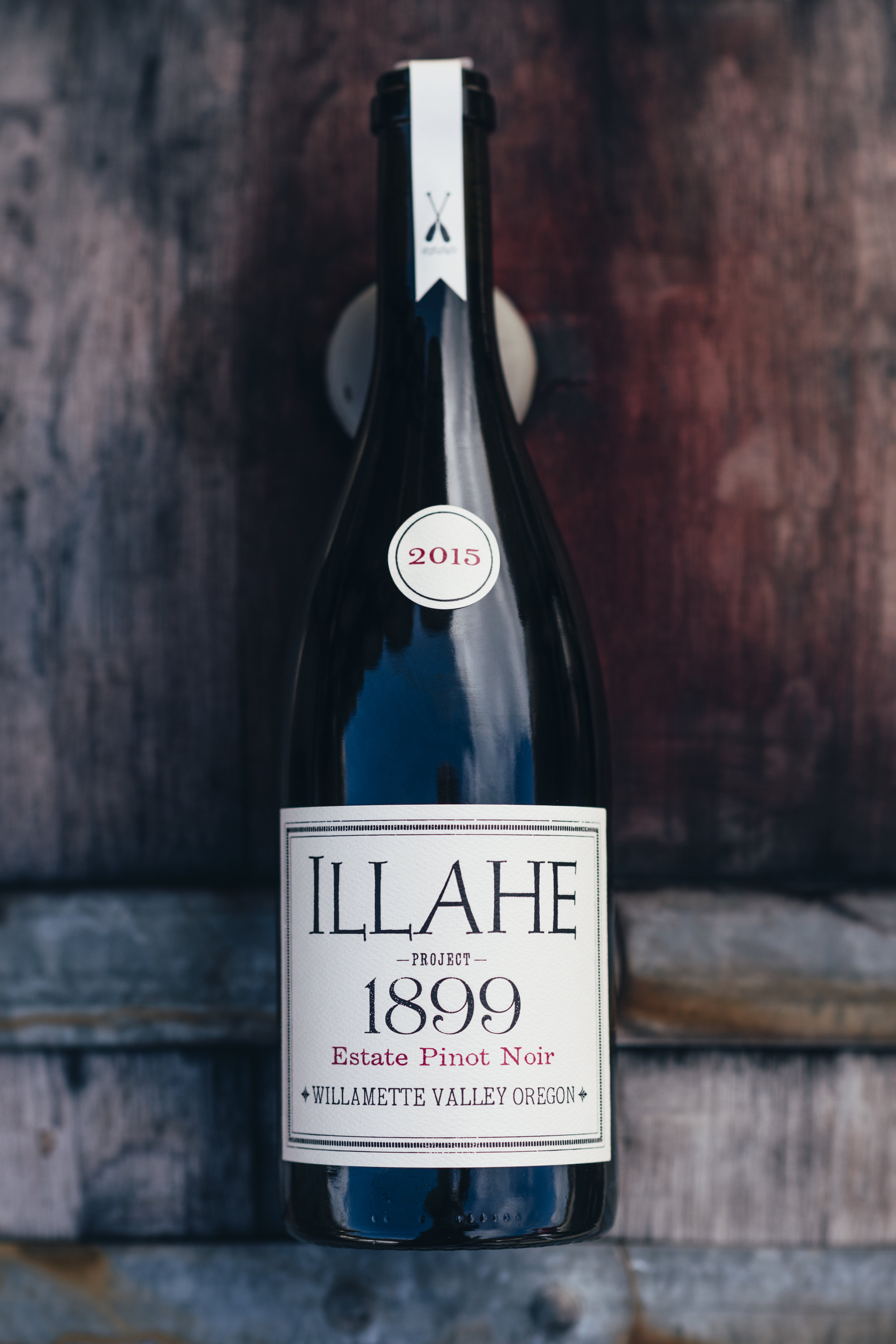

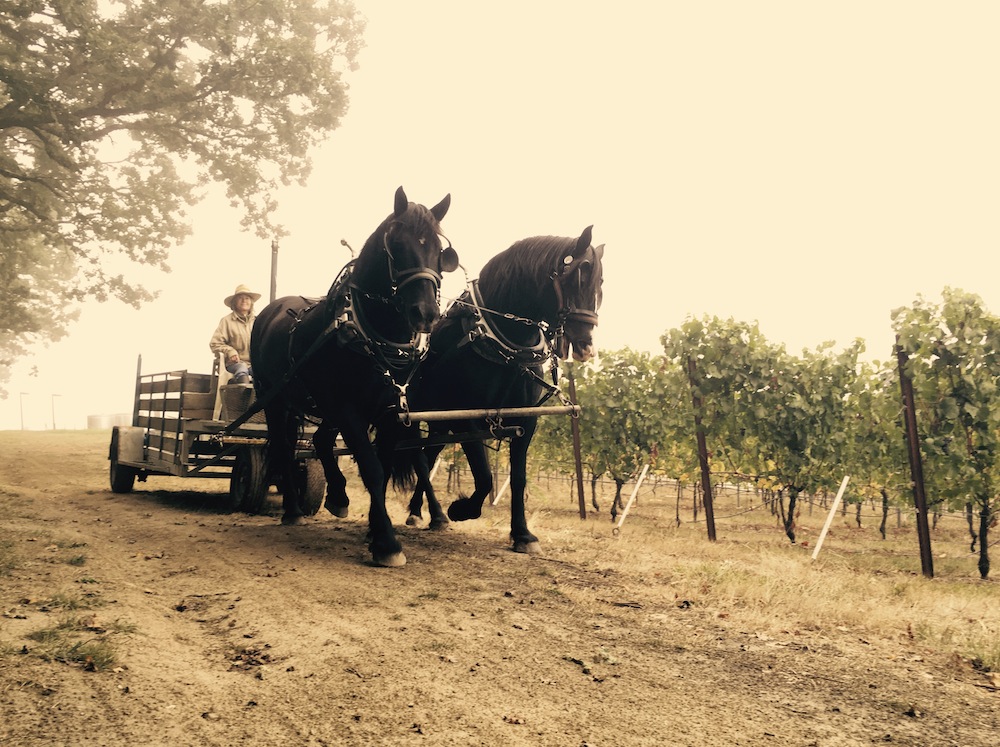
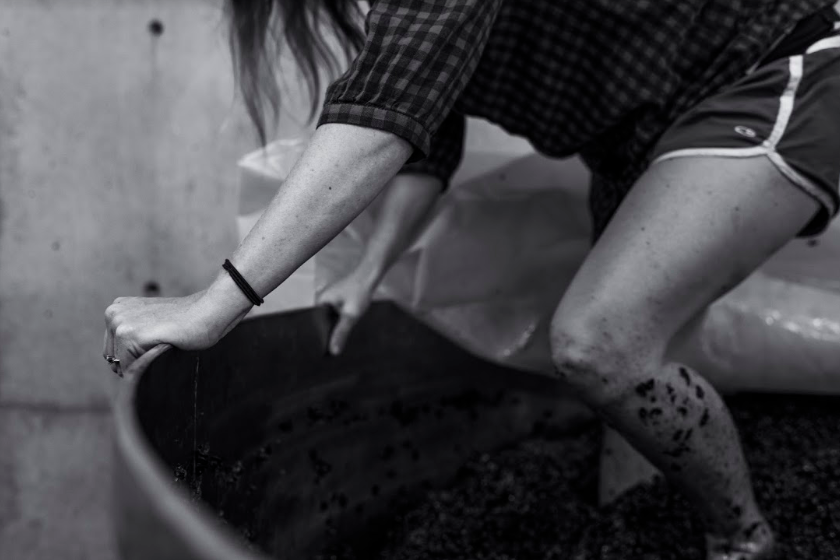
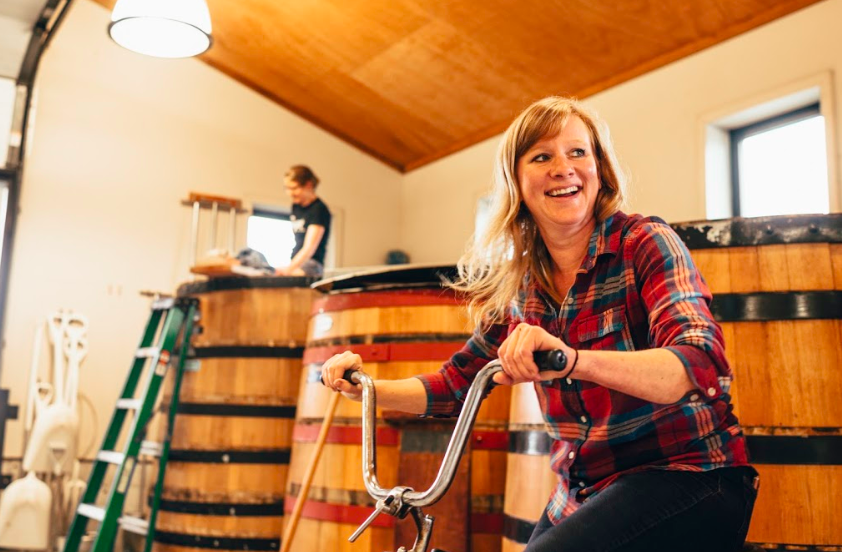
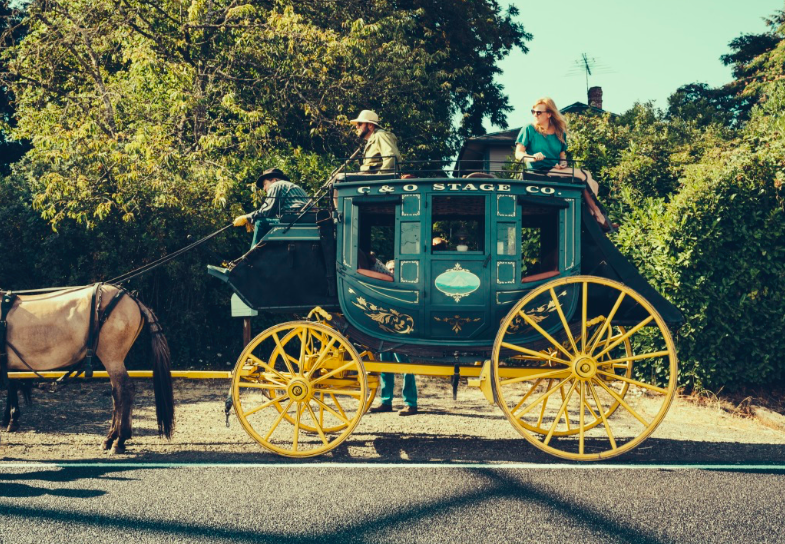
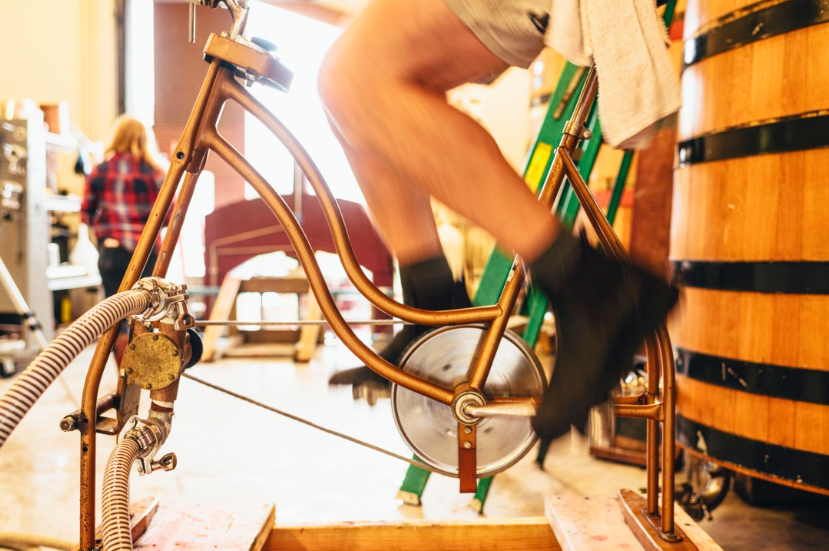
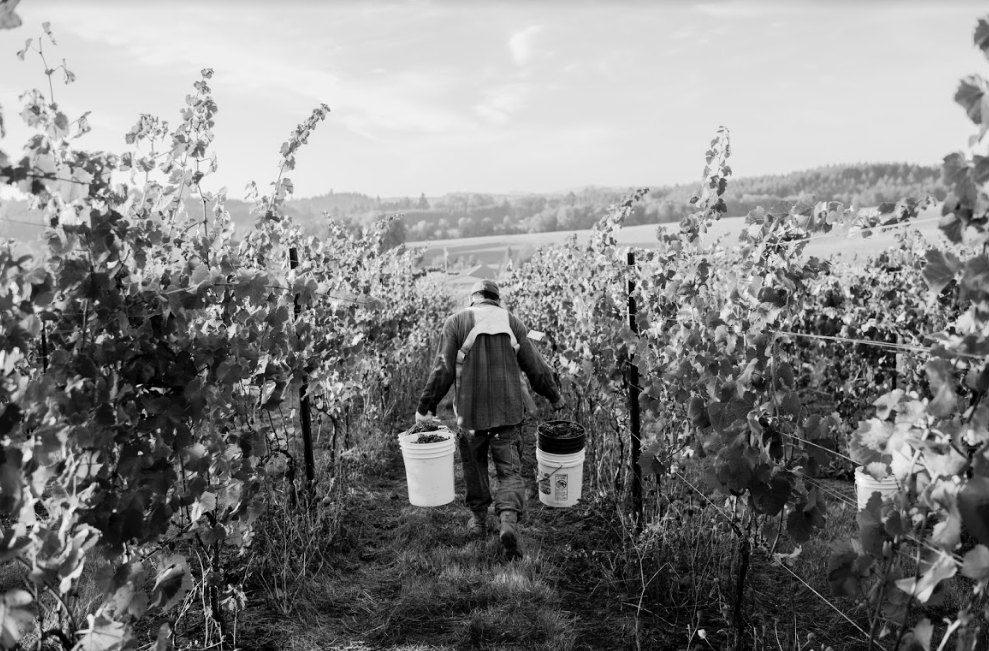
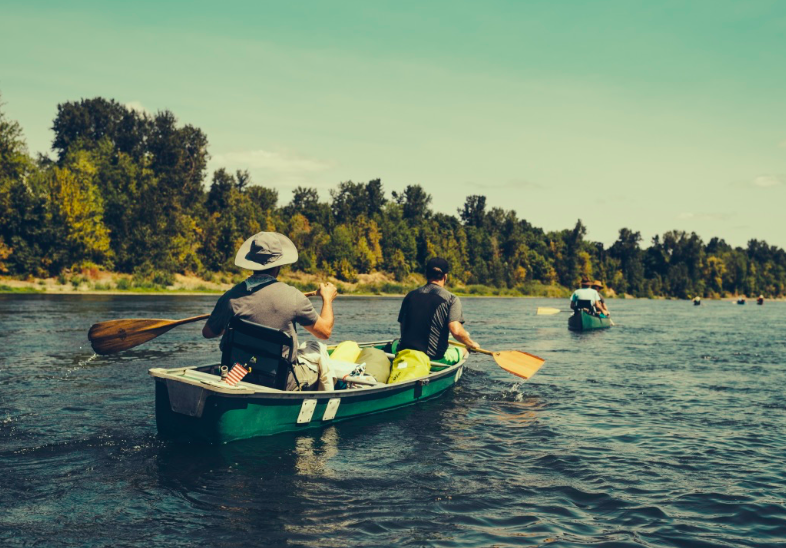
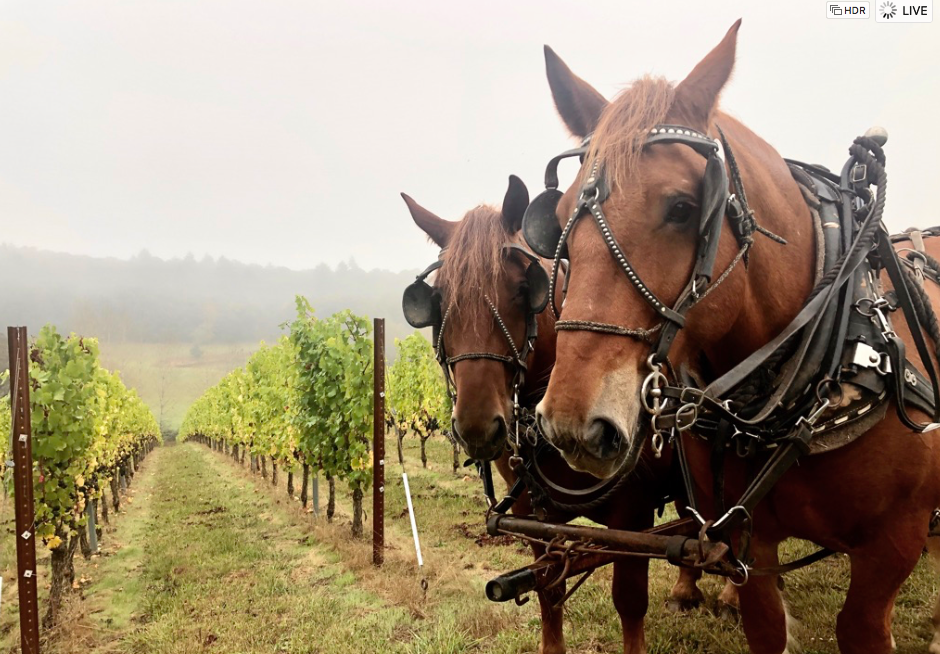
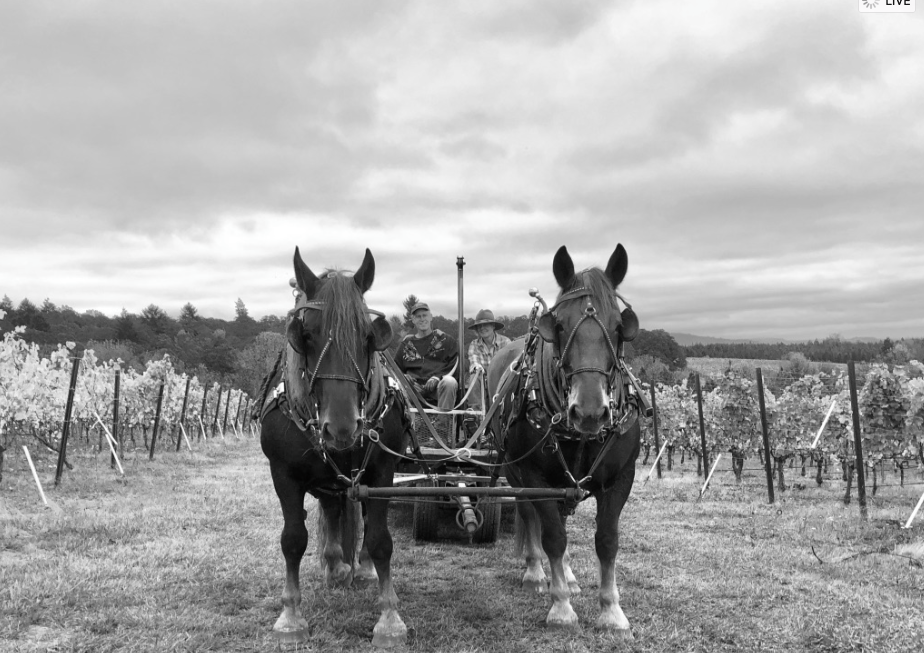
We start with picking our fruit by hand, and bringing our fruit to the winery by horse. We then destem with a hand crank destemmer. In 2017 we utilized a bicycle to destem our fruit for the first time. We utilize wild yeasts in open top wood fermenters. We press by hand in a wooden basket. We invented a bicycle pump to move the wine from the press to barrel. The wine ages in barrel for 2 years, and we then rack the wine by bicycle pump, and then it goes to bottle by gravity, we hand bottle, cork and label the wine.
In 2013 we decided to try to get the wine to our distributor, Casa Bruno, in Portland without putting it on a truck. We thought, if we could get it to the river, perhaps we could transport it to Portland by canoe. We now work with a mule driven stagecoach, that brings the wine to the river in Independence, Oregon. We then put the wine in canoes, and canoe 90 river miles (it takes 3 days) to West Linn, Oregon (above the Willamette Falls). We then transport the wine by bicycle 11 more miles to our distributor warehouse.
“The idea to deliver our wine to Portland by canoe came to me while I was standing outside of our distributor’s warehouse on the east side of the Burnside Bridge,” Ford wrote via email to Great Northwest Wine. “We had a wine up the river that had been made completely by hand and horse power, and it seemed natural that we should try to get it to market the same way.
“Now we use a mule-powered stagecoach and five canoes to make the three-day trip,” Ford added. “The wine is delicious, and the trip is a journey to honor true wine and a time when hard work, careful crafting, and simple pleasures were the only options.” — Brad Ford
In 2019 our Percherons, Doc and Bea started enjoying their hard earned retirement. For 2019 and 2020 harvest we have had the privilege of working with Susan Richman of Belle Mare Farm and her team of Sussex, Amos and Katie.
